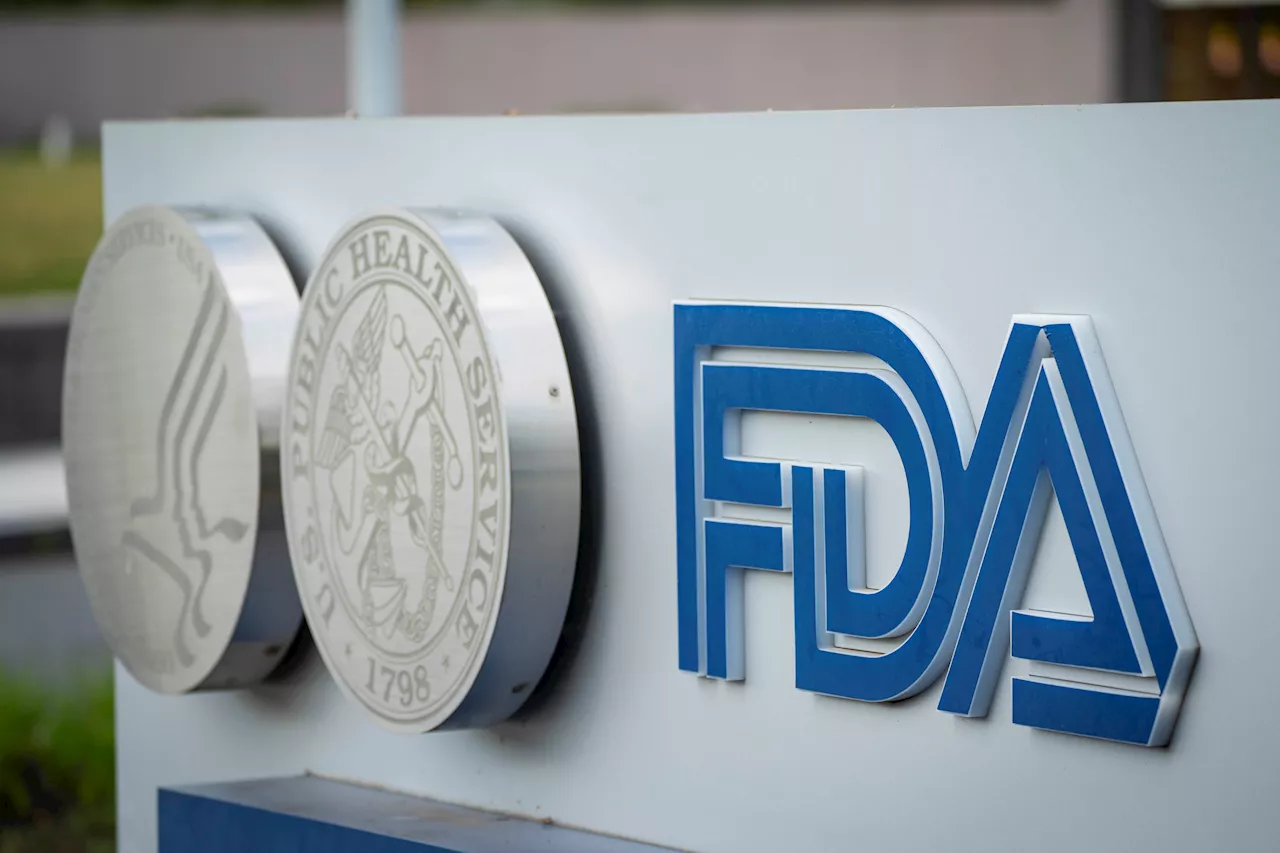The FDA has issued final guidance setting maximum levels for lead in baby foods like jarred fruits and vegetables, yogurts, and dry cereal. These voluntary limits aim to reduce lead exposure in young children, though some consumer advocates argue they are not stringent enough.
The agency estimated that the new limits — which are voluntary for food manufacturers — could reduce lead exposure from processed baby food s by about 20% to 30%.on Monday set maximum levels for lead in baby food s like jarred fruits and vegetables, yogurts and dry cereal, part of an effort to cut young kids' exposure to the toxic metal that causes developmental
FDA says the Zepbound shortage is over. Here's what that means for compounding pharmacies, patients who used off-brand versions“FDA's actions today are a step forward and will help protect children,” said Thomas Galligan, a scientist with the Center for Science in the Public Interest. “However, the agency took too long to act and ignored important public input that could have strengthened these standards.
Feeling out of the loop? We'll catch you up on the Chicago news you need to know. Sign up for the weekly
Lead Exposure Baby Food FDA Food Safety Public Health
United States Latest News, United States Headlines
Similar News:You can also read news stories similar to this one that we have collected from other news sources.
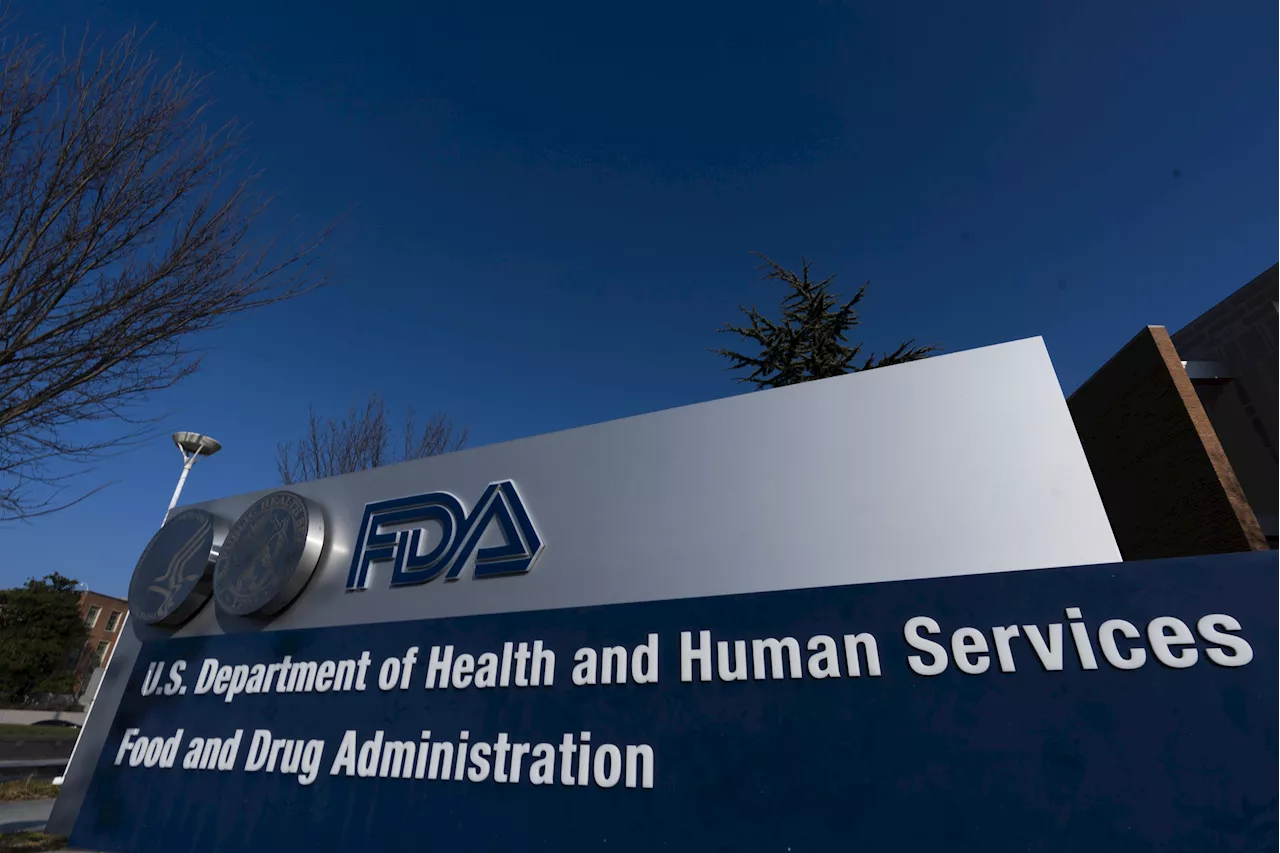 FDA Sets New Voluntary Lead Limits for Baby FoodsThe FDA has implemented new guidelines to reduce lead levels in baby foods, aiming to protect children from the harmful effects of lead exposure.
FDA Sets New Voluntary Lead Limits for Baby FoodsThe FDA has implemented new guidelines to reduce lead levels in baby foods, aiming to protect children from the harmful effects of lead exposure.
Read more »
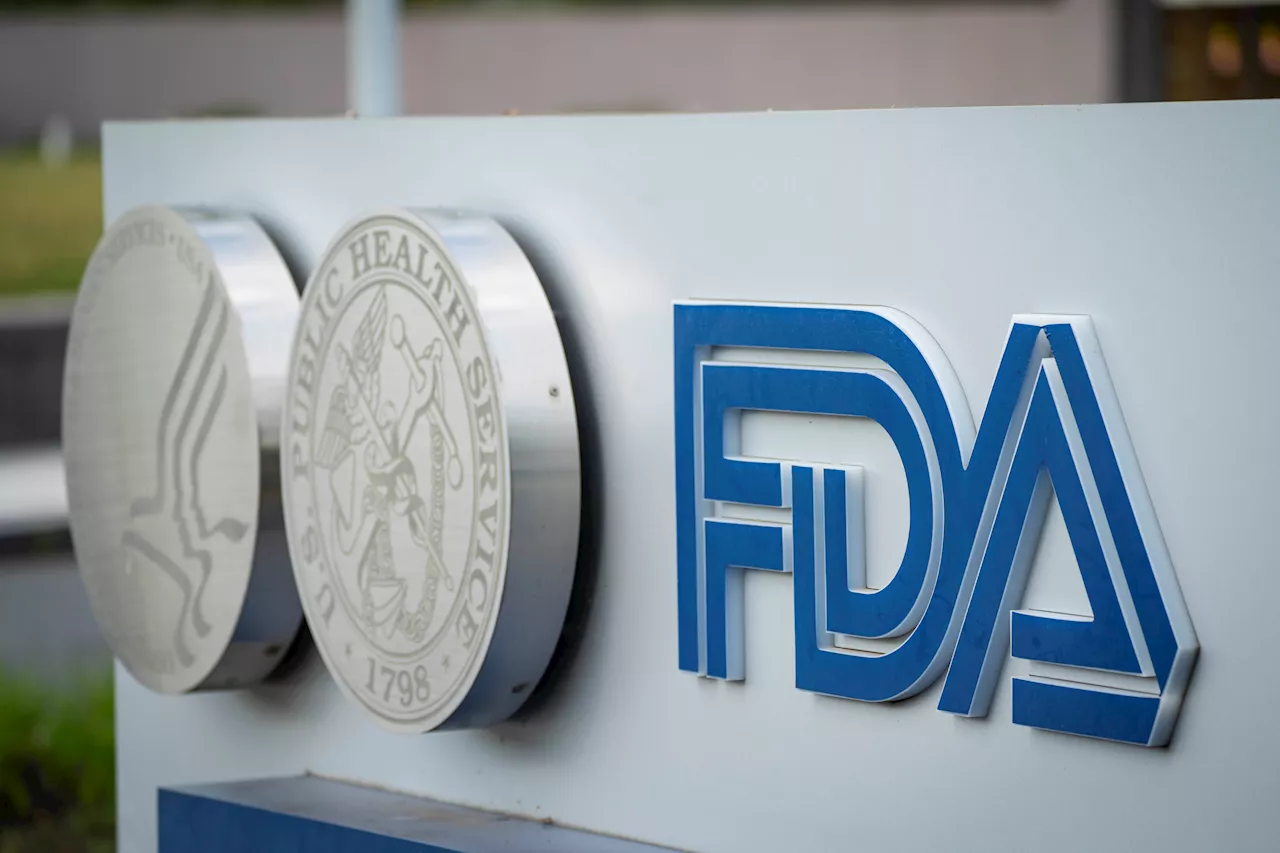 FDA Sets Voluntary Lead Limits for Baby FoodsThe FDA sets voluntary limits on lead in processed baby foods, aiming to reduce lead exposure in young children. While welcomed by consumer advocates, the limits are criticized for not being stringent enough.
FDA Sets Voluntary Lead Limits for Baby FoodsThe FDA sets voluntary limits on lead in processed baby foods, aiming to reduce lead exposure in young children. While welcomed by consumer advocates, the limits are criticized for not being stringent enough.
Read more »
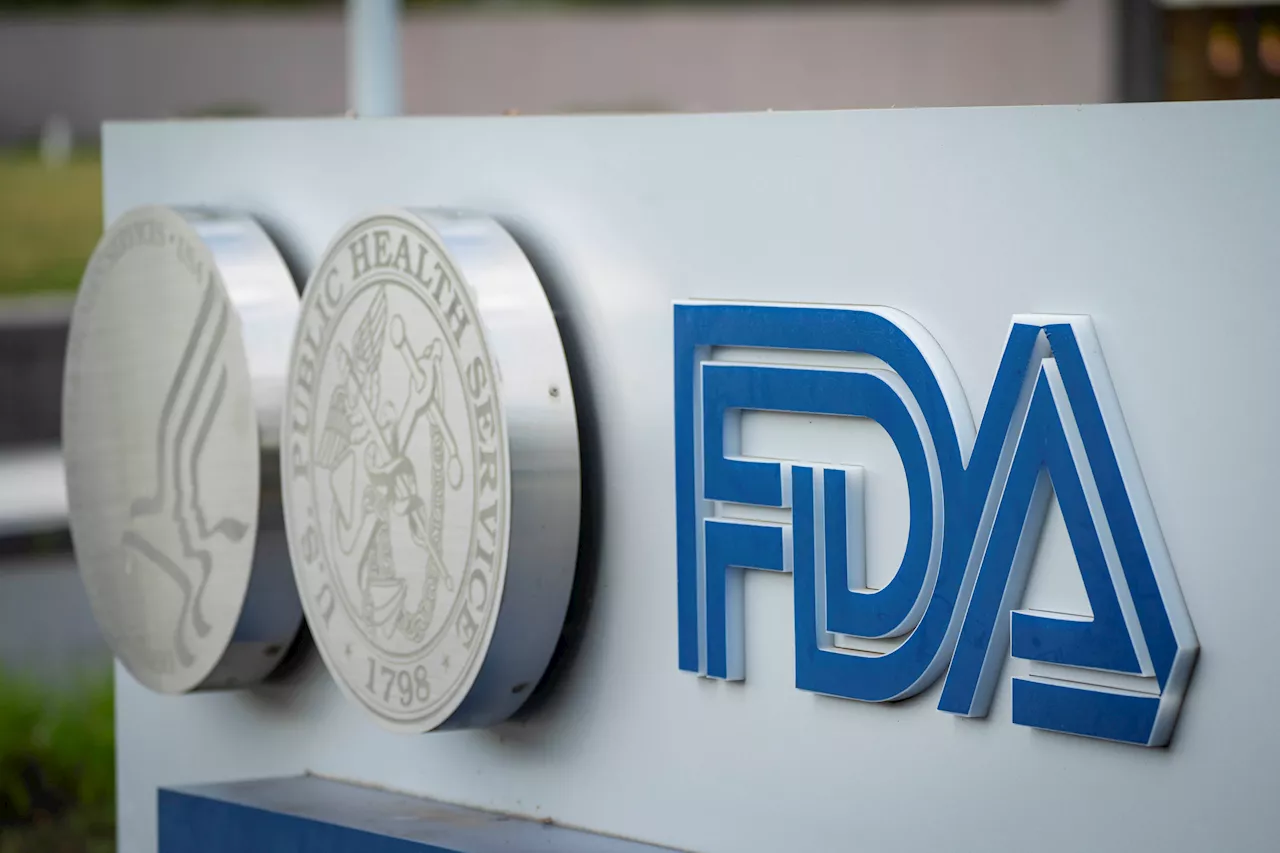 FDA Sets Voluntary Lead Limits in Baby FoodsThe U.S. Food and Drug Administration (FDA) has issued new voluntary limits for lead in baby foods, aiming to reduce children's exposure to the harmful metal. While welcomed by consumer advocates, the limits have been criticized for not going far enough and excluding certain types of baby food.
FDA Sets Voluntary Lead Limits in Baby FoodsThe U.S. Food and Drug Administration (FDA) has issued new voluntary limits for lead in baby foods, aiming to reduce children's exposure to the harmful metal. While welcomed by consumer advocates, the limits have been criticized for not going far enough and excluding certain types of baby food.
Read more »
 FDA Sets Voluntary Lead Limits in Processed Baby FoodsThe FDA announces voluntary limits on lead levels in processed baby foods for the first time, aiming to protect children from the harmful effects of lead exposure.
FDA Sets Voluntary Lead Limits in Processed Baby FoodsThe FDA announces voluntary limits on lead levels in processed baby foods for the first time, aiming to protect children from the harmful effects of lead exposure.
Read more »
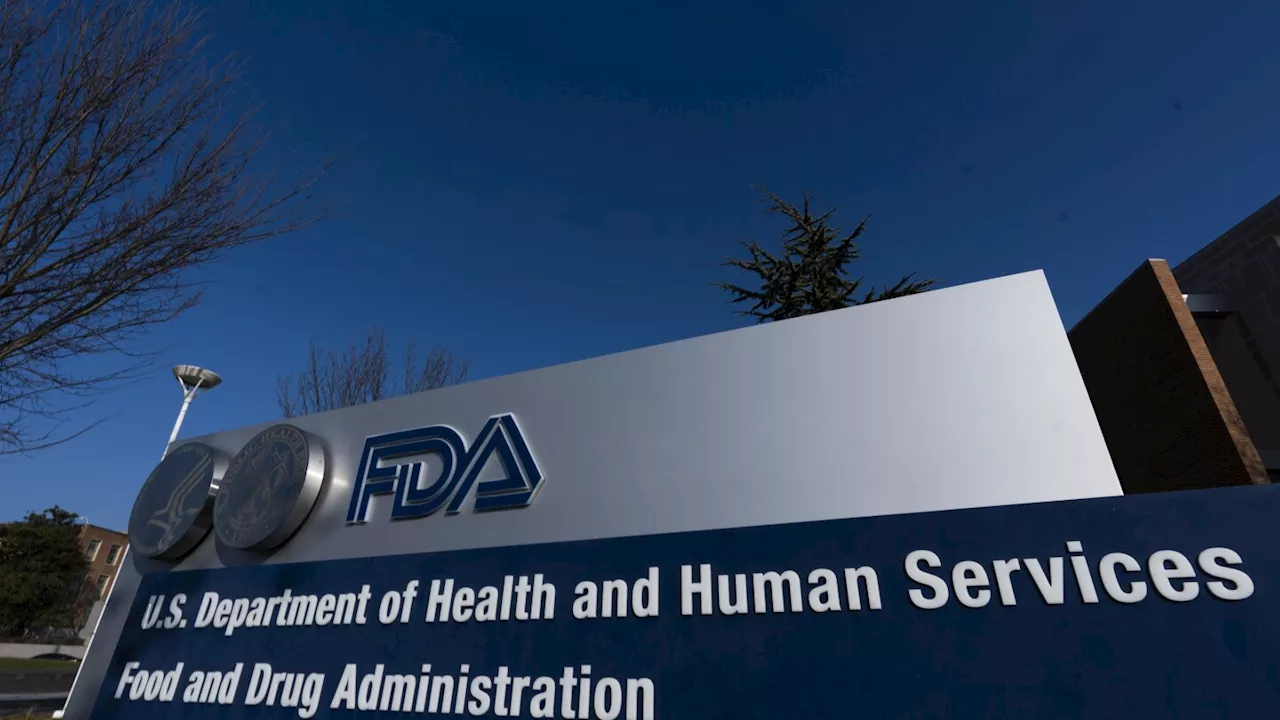 FDA Sets Maximum Lead Levels in Baby FoodsThe U.S. Food and Drug Administration (FDA) has established maximum lead levels in baby foods, aiming to reduce young children's exposure to this harmful substance. The agency estimates this measure could lower lead intake from processed baby foods by 20% to 30%.
FDA Sets Maximum Lead Levels in Baby FoodsThe U.S. Food and Drug Administration (FDA) has established maximum lead levels in baby foods, aiming to reduce young children's exposure to this harmful substance. The agency estimates this measure could lower lead intake from processed baby foods by 20% to 30%.
Read more »
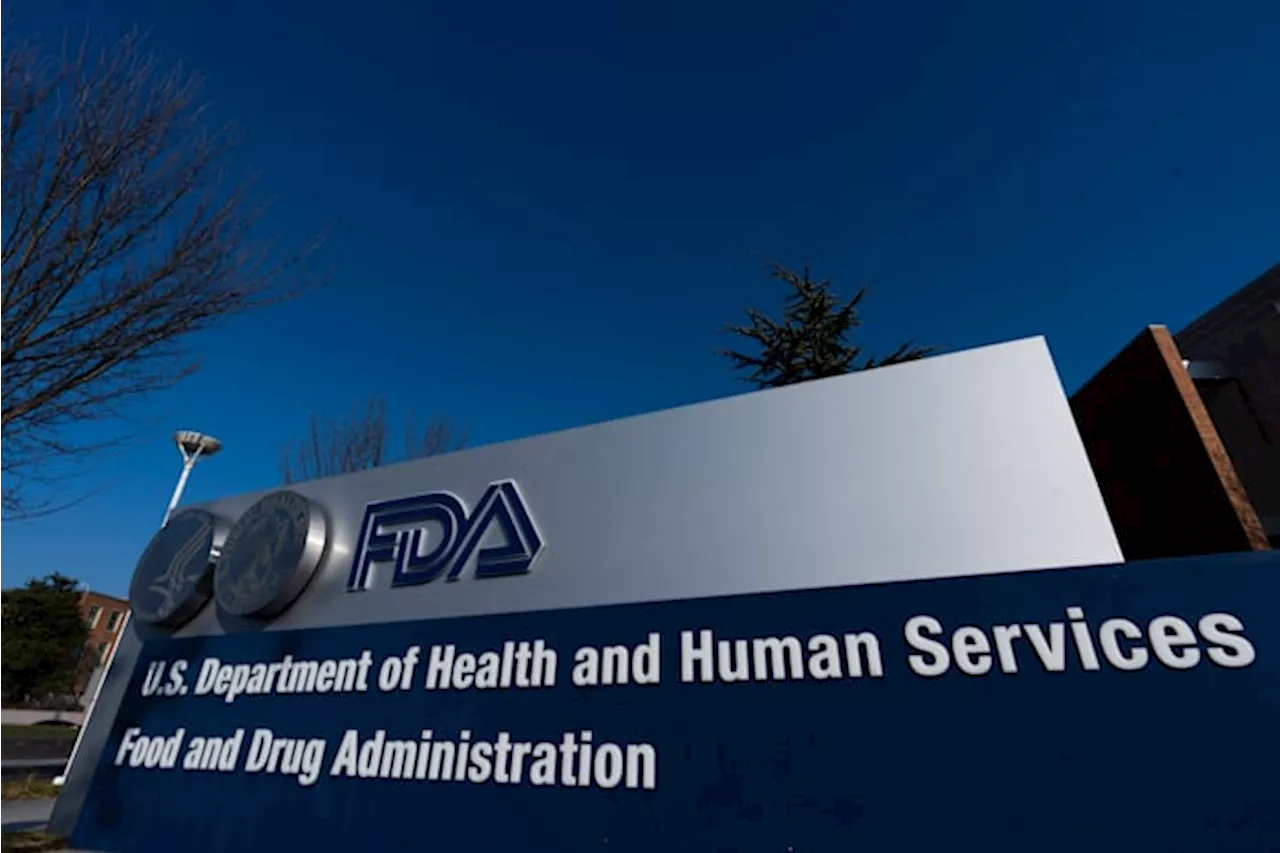 FDA Sets Limits on Lead in Baby FoodsThe U.S. Food and Drug Administration (FDA) has issued voluntary limits on the amount of lead allowed in baby foods. This move aims to reduce young children's exposure to lead, a known neurotoxin. The FDA estimates these limits could lower lead exposure from processed baby foods by 20% to 30%.
FDA Sets Limits on Lead in Baby FoodsThe U.S. Food and Drug Administration (FDA) has issued voluntary limits on the amount of lead allowed in baby foods. This move aims to reduce young children's exposure to lead, a known neurotoxin. The FDA estimates these limits could lower lead exposure from processed baby foods by 20% to 30%.
Read more »
